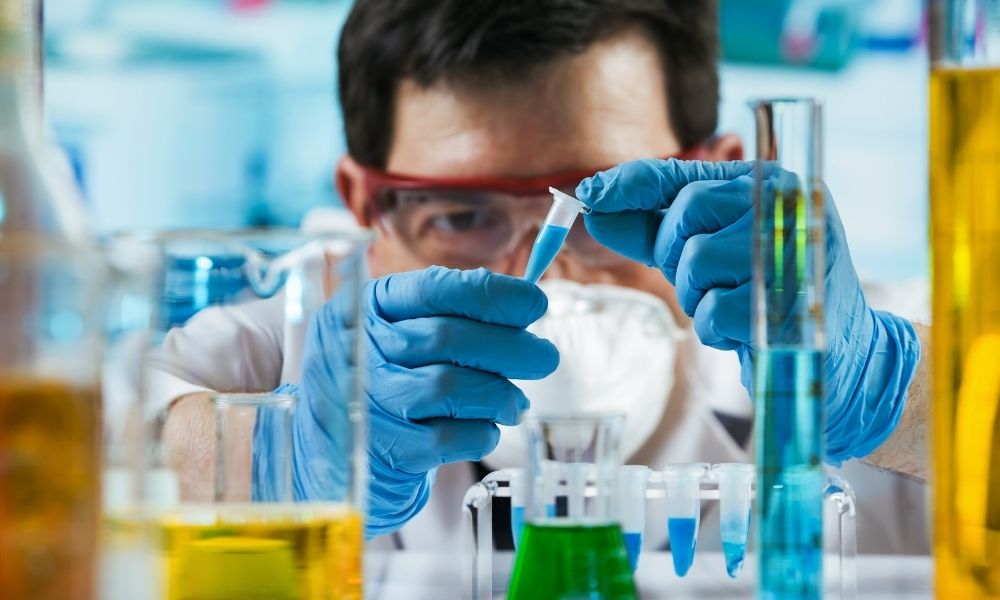Chemical Engineering: How It’s Helping the Environment

Chemical engineering is a versatile field responsible for notable developments in everything from pharmaceuticals to household products like detergents. But what you might not realize is that these incredible engineers are also pioneering innovations that will heal the environment and provide a brighter future for us all. Read about some of the eco-friendly developments being made in chemical engineering.
Reduction in Chemical Pollutants
Reducing the chemical pollutants—specifically air pollution—in our ecosystems is among the significant ways chemical engineering is helping the environment. How is that possible? Well, air quality engineering specialists are hard at work creating different models to perform crucial tests that:
- Analyze pollution
- Monitor emissions
- Collect crucial dates
With these models, air quality engineers have started designing improvements and solutions to our current air pollution dilemmas. Chemical engineers are also playing a role in mitigating water pollution by developing new technology.
These technologies recycle wastewater, reduce energy and water desalinization costs, and create agricultural irrigation techniques that are cleaner and more sustainable.
Innovations in Biofuels
It’s no secret that oil and gas are major barriers in the fight against climate change. Coincidentally, our reliance on fossil fuels is an issue we urgently need to conquer to save the environment. In fact, experts agree that finding viable alternatives to these antiquated fuels is imperative to our long-term survival as a species. So it’s good that energy research is among the fastest-growing area in the chemical engineering sector.
Some research focuses primarily on developing alternative energy sources like solar and wind power. However, an increasing number of people are turning their attention to the development of biofuels. Essentially, engineers break down the chemical makeup of various sources and remove the carbon from them.
Once removed, chemical engineers can develop strategies to manipulate the carbon, turning it into something else—ideally biofuels. This work is pioneering all sorts of exciting methods for reducing carbon emissions, and even creating new products with captured carbon.
Developing Sustainable Agriculture
Of course, reducing pollution and developing biofuels aren’t the only proof of the chemical engineering and manufacturing sector’s continual innovation. There is a lot to be said about this industry’s contributions to sustainable agricultural practices as well. It’s no secret that the planet’s population is growing.
Higher populations will make it challenging to produce an adequate amount of food. Plus, food production is a significant contributor to harmful greenhouse gases. As a result, future generations will likely have to confront problematic food production.
But don’t fret; the future of our successors looks brighter every day, thanks to chemical engineering. Some notable innovations in this area include:
- Development of new fertilizers and pesticides for increased growth efficiency.
- New techniques to protect food from spoiling or becoming vectors for food-borne illnesses.
- Improving the general safety, shelf-life, and quality of packaged foods.
Thus, we think the evidence that chemical engineering is helping the environment is overwhelming. Furthermore, it’s worthy of celebration. After all, this unique and incredible industry is helping to make a dent in our generation’s most significant dilemmas to build a future we can all be proud of.





